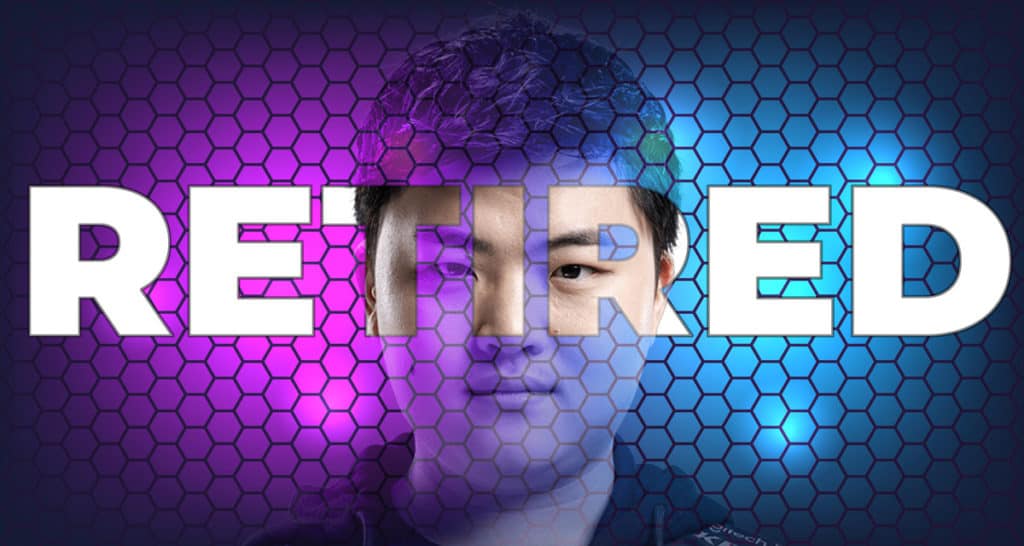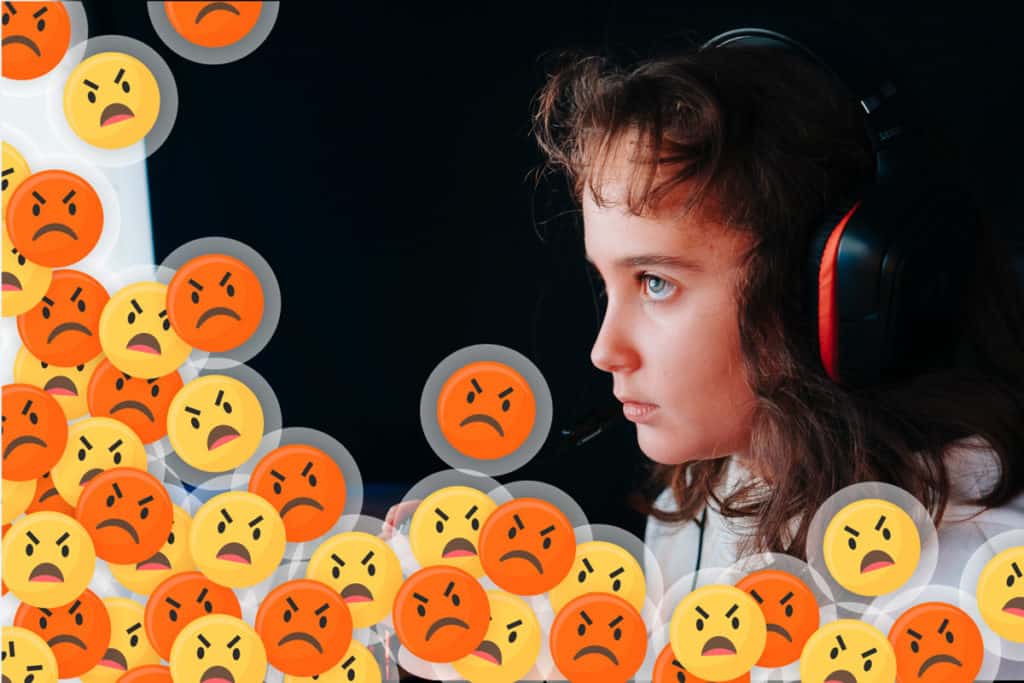Health Consequences of Gaming Disorder
As the global popularity of video gaming continues to increase, the physical and mental health implications associated with gaming disorder, need elucidating for clinicians.
2 -3% of gamers experience disordered gaming
Estimates in individual studies vary widely as to the number of people who suffer from problematic gaming, hazardous gaming or video game addiction. In 2020, a systemic meta-analysis was conducted of over 50 studies, representing over 225,000 participants in 17 countries; they determined a global prevalence of gaming disorder at approximately 2-3 % (Stevens et al. 2020).
While, classification and diagnostic tools differ, what is clear from the research is that a small minority – representing millions of gamers – do experience significant negative consequences from gaming, consequences clinicians will encounter in their practice.
Known negative consequences of gaming disorder:
Physical signs of gaming addiction
The negative physical health consequences of problematic gaming include poor sleep hygiene, physical health atrophy, exhaustion and dehydration (King & Delfabbro, 2019). Each of these can pose a serious risk to the gamer, including rare documented cases of death. People playing hours of games per day are also demonstrating some of the serious health effects of a sedentary lifestyle, including poor diet, heart problems, muscle atrophy and blood clots.

China’s most famous esports player – Jian Zihao or ‘Mad Dog’ – recently retired from professional gaming at the age of 23, citing type 2 diabetes and other health problems resulting from a fatty diet, lack of physical activity and the high stress of continuous gaming (BBC News, 2020).
Mental health risks of high digital use
Negative mental health associations with problem gaming include hostility, depression, suicidal thoughts, social anxiety, poor emotional regulation and interpersonal conflict. In large-scale American surveys of over 14,000 respondents, teens who reported five hours or more of video games or digital use daily had a significantly higher risk of sadness, suicidal thoughts and suicide planning. The causal relationship of these associations are complex and require further investigation to unravel.
While researchers, psychologists and policy makers discuss the issue, millions of people are struggling with gaming disorder mental health problems. Individuals and families negatively impacted by gaming are seeking expert advice, and clinicians need to know how to help someone with video game addiction.
Co-morbidities and clinical implications
A lack of long-term studies on effective treatment modalities for gaming disorder have immediate implications for clinicians encountering gaming clients and their families who present with a wide range of associated negative symptoms (Zajak et al. 2020).
INTENTA’s Gaming Disorder Clinical Training outlines co-morbidities associated with problematic gaming and uses practical examples to address these co-morbidities in a clinical setting. When working with people who game problematically, clinicians must prioritize interventions according to the client’s needs.
For example, they need to take all suicidal ideation and comments seriously and develop a plan to address them. When working with a gaming client, suicide risk, social anxiety, extreme depression and debilitating anxiety need to be planned for in advance, prior to removing or limiting game time.
Anxiety and gaming addiction
Clinicians can use exploratory questions with clients to investigate the different consequences of their gaming and the needs these behaviors serve. Counselors may want to determine the sources of anxiety driving their clients to gaming.
For example, deriving a clinical history of how long they have had anxiety, what causes the anxiety to increase and what are the activities that decrease their anxiety other than gaming? Finding other activities can be a key source of intervention so these activities can be expanded on. When working with clients for whom alternate activities to gaming are non-existent, this is an area to explore in a therapy session.

Emotional regulation
Poor emotional regulation skills are another associated symptom of gaming disorder (Yen et al. 2018). In this instance, mindfulness-based interventions may be more appropriate in helping a gamer with poor self-regulation skills. Parents play a fundamental role in emotional regulation skills in young people.
Therefore, clinical interventions which engage the whole family can be useful in helping youth to understand and express their emotions in new, healthier ways. The therapist can actively guide, coach and shape talking about gaming as a way for parents to help their adolescent identify and express what they feel when playing video games and begin to think about different ways of regulating emotions.
For example, when the adolescent is failing in the game and becomes aggressive and violent, parents could help them discover different ways to express frustration, anger and disappointment.
Increase in treatment for mental health problems
Research indicates that the first generation of ‘digital natives’ in the US, (Gen Z, born 1995 – 2010) report less sexual activity than any previous generation of their age, fewer social skills and more loneliness.
However, this generation is also more likely to seek treatment for mental health problems than previous generations. This includes therapy for how to stop gaming addiction.
Clinical Considerations
Clinicians need knowledge, practical skills and clinical examples of problem gaming. Clinicians are increasingly encountering the negative health consequences of gaming disorder. When clients present with gaming addiction, depression and social isolation issues, they need to know what to do.
INTENTA’s training equips clinicians with knowledge about the prevalence of problem gaming and its associated consequences, practical skills and clinical examples.
References
- BBC News. (2020). Gaming “hero” retires at 23 due to ill-health. BBC News. https://www.bbc.com/news/technology-52920786
- King, D. L., & Delfabbro, P. H. (2019). Internet gaming disorder: Theory, assessment, treatment, and prevention. In Internet Gaming Disorder: Theory, Assessment, Treatment, and Prevention. Elsevier Inc. https://doi.org/10.1016/C2016-0-04107-4
- Stevens MW, Dorstyn D, Delfabbro PH, King DL. Global prevalence of gaming disorder: A systematic review and meta-analysis. Aust N Z J Psychiatry. 2020 Oct 7:4867420962851. doi: 10.1177/0004867420962851.
- Yen, J.-Y.; Yeh, Y.-C.; Wang, P.-W.; Liu, T.-L.; Chen, Y.-Y.; Ko, C.-H. (2018). Emotional Regulation in Young Adults with Internet Gaming Disorder. Int. J. Environ. Res. Public Health, 15(30). https://doi.org/10.3390/ijerph15010030
- Zajac, K., Ginley, M. K., & Chang, R. (2020). Treatments of internet gaming disorder: a systematic review of the evidence. Expert review of neurotherapeutics, *20*(1), 85–93. https://doi.org/10.1080/14737175.2020.1671824
Want to try a free lesson?
Click the button below and register an account to gain immediate access to our lesson on the psychology of gaming.

